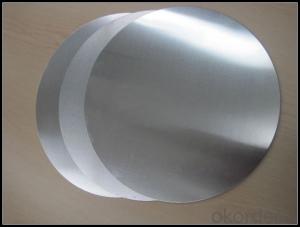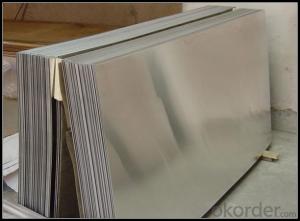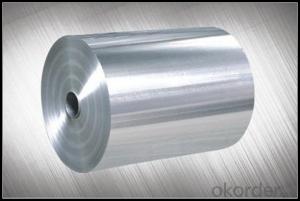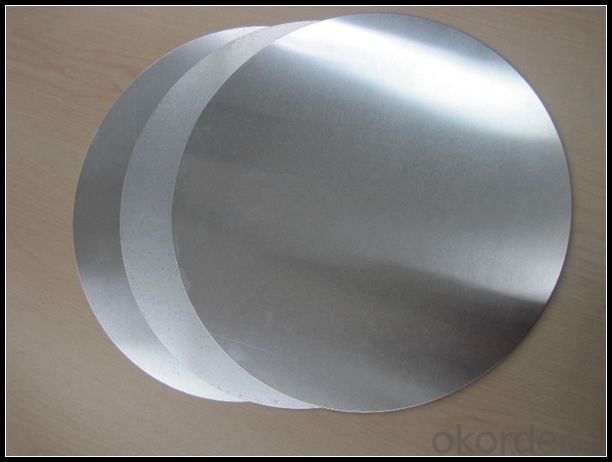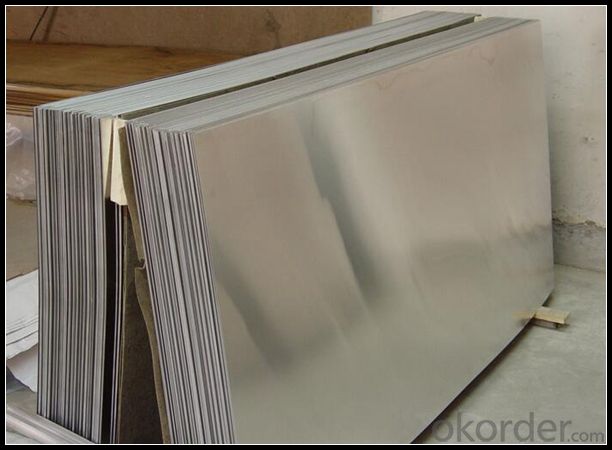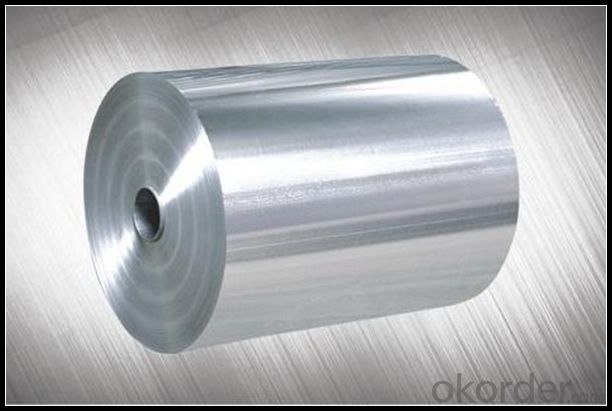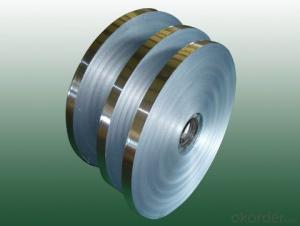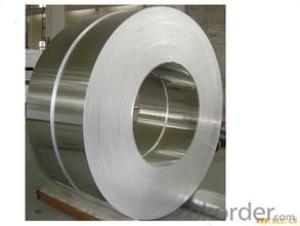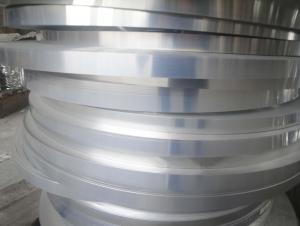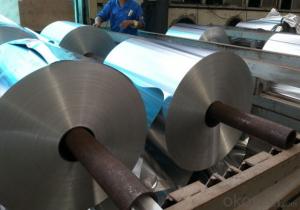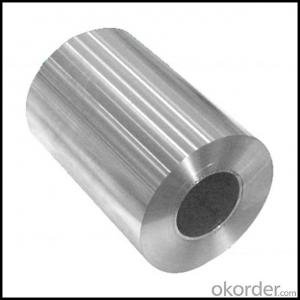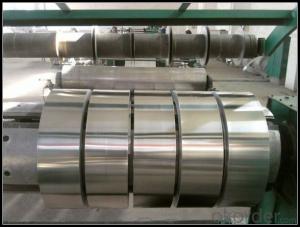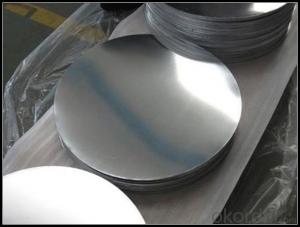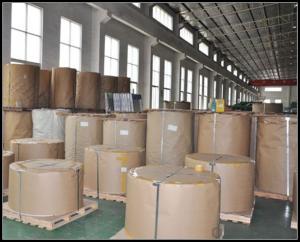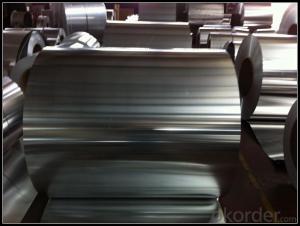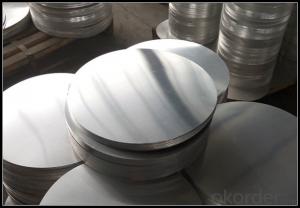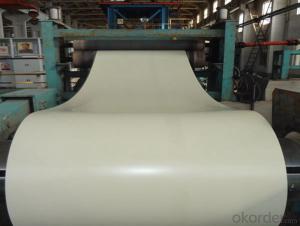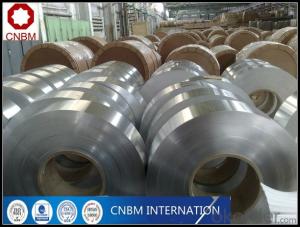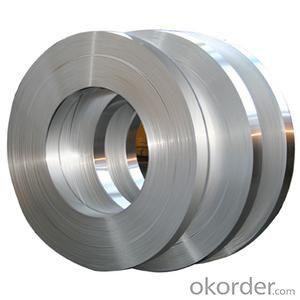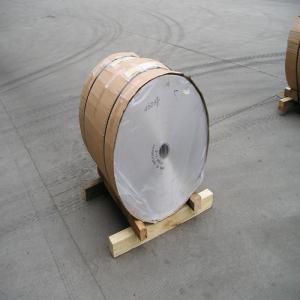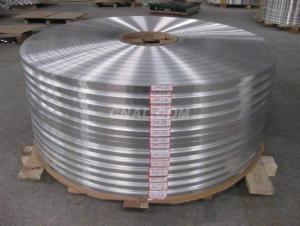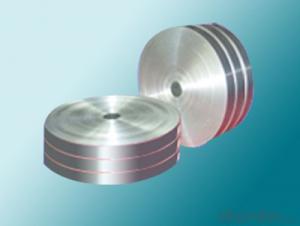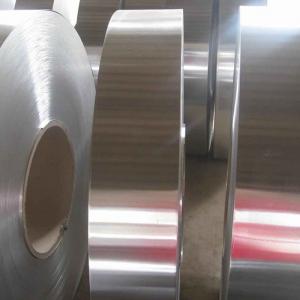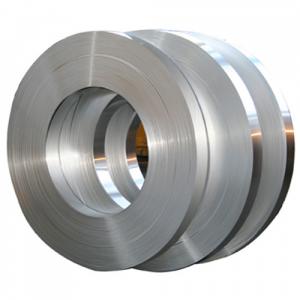1/4 Aluminum Strips New Product Coil Aluminum Composite Panel Roller Shutter
- Loading Port:
- Tianjin
- Payment Terms:
- TT OR LC
- Min Order Qty:
- 1 m.t.
- Supply Capability:
- 4999 m.t./month
OKorder Service Pledge
OKorder Financial Service
You Might Also Like
Specification
1. Specification of Aluminum
1) Alloy | 1050, 1060,1100, 3003 3004 3105 3005 5005 5052 etc |
2) Temper | O/H12/H14/H1/H18/H32/H34/H36/H38//H111/H112/H116/H321/T6/T651/T3/T351 etc |
3) Thickness | 0.1mm to 6mm |
4) Width | 20mm to 3300mm |
5) Coil weight | 100kgs to 6 tons depends on actual requirement |
6) Core material | Aluminum alloy |
7) Coil Inner diameter | 76mm, 152mm,or as required |
2. Application of Aluminum
(1).Interior: wall cladding, ceilings, bathrooms, kitchens and balconies, shutters, doors...
(2).Sulfates
(3).Niche compound
3. Feature of Aluminum
Aluminium has many known isotopes, whose mass numbers range from 21 to 42; however, only 27Al (stable isotope) and 26Al (radioactive isotope, t1⁄2 = 7.2×105 y) occur naturally. 27Al has a natural abundance above 99.9%. 26Al is produced fromargon in the atmosphere by spallation caused by cosmic-ray protons. Aluminium isotopes have found practical application in dating marine sediments, manganese nodules, glacial ice, quartz in rock exposures, and meteorites.
4. Certificate:
SGS and ROHS(if client request, paid by client), MTC(plant provided), Certificate of Origin(FORM A, FORM E, CO), Bureau Veritas and SGS (if client request, paid by client), CIQS certificate
5. Image of Aluminum
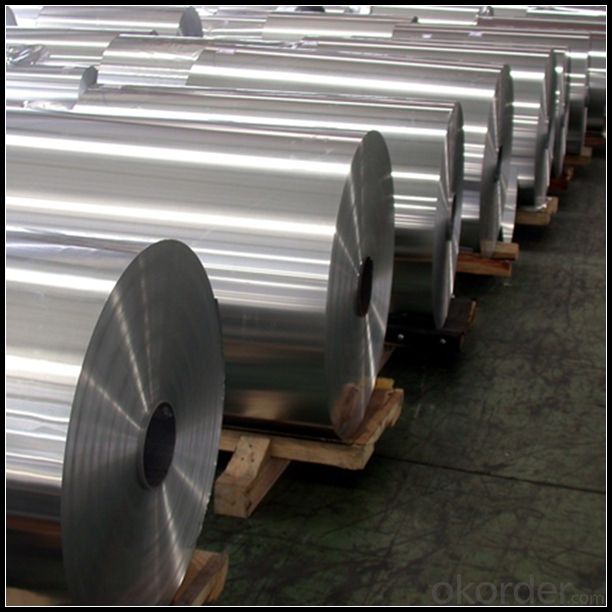
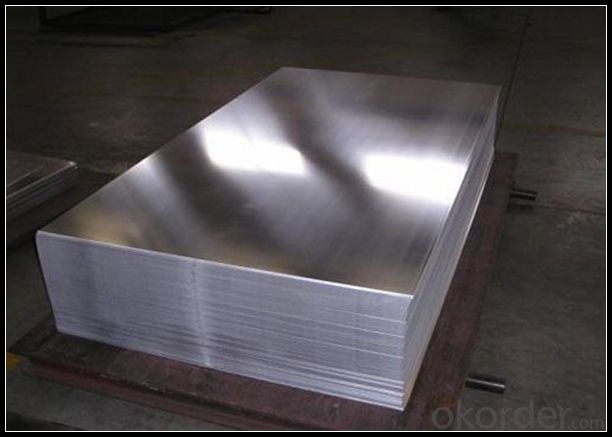
6. Our Service
1. Reply your enquiry in 24 working hours. |
2. OEM, buyer design, buyer label services provided. |
3. Exclusive and unique solution can be provide to our customer by our well traned and professional engineers and staffs. |
4. We can provide free sample for your check |
5. We have the certification of ISO 9001 |
6. Timely delivery |
7. Special discount and protection of sales area provided to our distributor. |
8. Good after-sale service. |
7. FAQ
Q: What is the produce prase? | ||||
A: Normally it would be 40days after received your deposit. | ||||
Q: Can you provide free samples? | ||||
A: Yes, free samples will be sent to you on freight at destination. | ||||
Q: Can I get your latest catalogue? | ||||
A: Yes, it will be sent to you in no time. | ||||
Q: What is the MOQ? | ||||
A: 3 tons | ||||
Q: What are your payment terms? | ||||
A: We accept L/C, D/A, D/P, T/T, West Union,etc. |
- Q: This question asks about the various forms or configurations that aluminum strips can take in terms of their shape.
- <p>Aluminum strips are available in various shapes to meet different industrial and manufacturing needs. Common shapes include rectangular, square, and circular strips. Rectangular strips are the most common and can be found in various thicknesses and widths. Square strips are less common but still used in specific applications. Circular strips, also known as aluminum wire, are used in electrical applications and other areas requiring a round cross-section. Other shapes like triangular, hexagonal, or custom profiles can also be produced but are less standard and typically require specialized manufacturing processes.</p>
- Q: Describe the process of manufacturing aluminum strips.
- <p>Aluminum strips are made through a series of processes starting with the production of aluminum ingots. The ingots are heated and then rolled into thin sheets in a hot rolling mill. This process reduces the thickness of the aluminum and elongates it into a strip. The hot-rolled strips are then cooled and may undergo further cold rolling to achieve the desired thickness and hardness. After rolling, the strips may be annealed to improve their ductility and strength. The final step includes cutting the strips to the required length and packaging them for distribution. This process ensures that aluminum strips have the desired properties for various applications such as construction, automotive, and aerospace industries.</p>
- Q: What benefits does aluminum offer as a roofing material compared to other metals?
- <p>Aluminum strips for metal roofing offer several advantages over other types of metal roofing. They are lightweight and easy to install, reducing labor costs. Aluminum is highly resistant to corrosion, ensuring a long lifespan and low maintenance. It also reflects heat well, which can help keep buildings cooler and reduce energy costs. Additionally, aluminum is recyclable and can be produced in various colors, making it an environmentally friendly and aesthetically versatile choice.</p>
- Q: Classification of aluminium strips of aluminium strips
- Aluminum strip is a strip of aluminum ingot obtained by press rolling, according to the use of different grades, specifications, status. The aluminum belt has many uses, such as: aluminum plastic composite pipe, cable, fiber optic cable, transformer, heater, shutter and so on. The processing technology of aluminum strip is the aluminum deep processing product formed by the slitting and slitting of aluminum rolls. It is an important raw material in industry. According to the aluminum alloy containing aluminum and aluminum with different origin, the same is also divided into 8 series. However, the commonly used series for the 100030005000 and 8000 Series, depending on the annealing state of the aluminum strip, the aluminum strip can be divided into fully soft (o), semi hard (H24) hard (h18). At present, the most commonly used should belong to the whole soft series, because the O state is easier to stretch and bend. The main processing equipment of aluminum strip is a strip mill, which can be divided into required length and width according to need. Of course, the processing equipment is universal, copper coil can also be processed, processed products known as copper strip. At present, the international raw materials for electronic products are no longer purely dependent on copper strip. As the conductivity of aluminum is only lower than copper, the aluminum strip instead of copper strip is becoming a popular trend in the world. The classification of aluminium tapes includes pure aluminium belt, transformer, aluminium belt, super hard aluminium belt, full soft aluminium belt, semi hard aluminium belt and antirust aluminium belt.
- Q: How does the excavator aluminum belt turn in place?
- Because of the difficult turning of the track, the excavator's track turn in situ makes the excavator turn.
- Q: This question asks for a comparison of the benefits and drawbacks of using aluminum strips.
- <p>Aluminum strips offer several advantages, including high strength-to-weight ratio, making them lightweight yet durable. They are also corrosion-resistant, which is beneficial in various environments. Aluminum is a good conductor of heat and electricity, which is useful in applications requiring thermal or electrical conductivity. Additionally, aluminum is cost-effective and widely available. Disadvantages include its lower strength compared to some other metals, making it less suitable for heavy-duty applications. It can also be prone to denting and is not as easily repaired as some materials. Lastly, while it's recyclable, the recycling process can be energy-intensive.</p>
- Q: What's the difference between aluminum strip and aluminum alloy?
- Aluminum strip is an aluminum processing product. It is produced by pressure processing (rolling) of aluminum alloy. Aluminum alloy is a broad term, generally referred to as aluminum alloy.
- Q: What types of metal sheets are better suited for specific applications and conditions?
- <p>Yes, different types of metal sheets are better suited for specific applications and conditions. For instance, stainless steel is excellent for food processing and marine environments due to its corrosion resistance. Aluminum is lightweight and conducts heat well, making it ideal for cookware and heat exchangers. Galvanized steel is used in construction for its rust protection. Copper is known for its high thermal and electrical conductivity, suitable for electrical wiring and plumbing. Each metal has unique properties that make it suitable for particular uses, and the choice depends on factors like strength, durability, weight, and cost.</p>
- Q: What factors should be considered to determine if an aluminum strip is suitable for a specific application?
- <p>To determine if a certain type of aluminum strip is suitable for your application, consider the following factors: mechanical properties such as strength and ductility, corrosion resistance, thermal conductivity, and electrical conductivity. Assess the strip's dimensional tolerances and surface finish to ensure they meet your requirements. Check if the strip's formability and weldability align with your manufacturing processes. Also, consider the strip's weight and cost-effectiveness. It's advisable to consult with a material scientist or supplier who can provide specific recommendations based on your application's unique needs.</p>
- Q: This question asks for examples of uses for aluminum siding that are not commonly thought of.
- <p>Aluminum siding is traditionally associated with residential and commercial building exteriors due to its durability and low maintenance. However, its versatility extends to less common applications such as: 1) Marine applications, where it's used for boat hulls and docks due to its resistance to corrosion from saltwater. 2) Agricultural structures, like barns and silos, for protection against weather and pests. 3) In the automotive industry for car body panels and truck beds, providing lightweight and impact-resistant surfaces. 4) For creating custom art pieces and sculptures, as aluminum can be easily shaped and finished. 5) In the manufacturing of temporary structures like disaster relief shelters, offering quick assembly and durability. These uses showcase the adaptability of aluminum siding beyond its typical applications.</p>
Send your message to us
1/4 Aluminum Strips New Product Coil Aluminum Composite Panel Roller Shutter
- Loading Port:
- Tianjin
- Payment Terms:
- TT OR LC
- Min Order Qty:
- 1 m.t.
- Supply Capability:
- 4999 m.t./month
OKorder Service Pledge
OKorder Financial Service
Similar products
Hot products
Hot Searches
Related keywords
